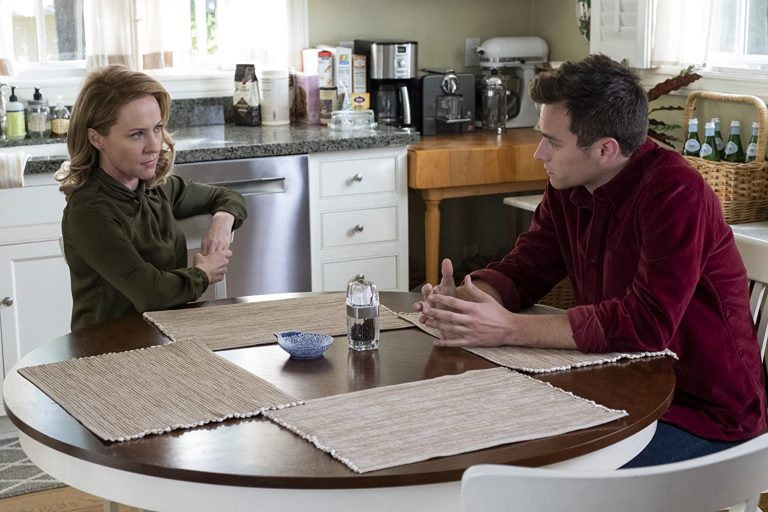
The series 13 Reasons Why (2017-2020) and the film All the Bright Places (2020) share several similarities:
- both are Netflix original productions,
- each is based on a young adult novel,
- their narratives conclude with a character’s suicide, and
- both narratives would have gained from deviating from their source material.
In 13 Reasons Why, we meet Hannah Baker as portrayed by Katherine Langford, a recent arrival at Liberty High who takes her own life. The focus, however, is on Clay Jensen (Dylan Minnette), an introverted fellow student who receives a set of tapes Hannah recorded prior to her death, with each recording listing reasons for her decision, implicating Clay as one of them.
With each episode exploring one tape, the series delves into issues such as bullying and sexual assault. But as the show progresses, Hannah’s suicide is depicted in a way that feels like retribution, which led some viewers to believe that the series romanticizes suicide.
A pivotal scene involves Hannah and Mr. Porter, the school counselor, whose failure to comprehend her situation becomes a significant trigger in her decision-making path, and her recording of their conversation suggests a desire for vengeance.
While the tapes aim to elucidate the impact of her peers’ actions, they lack constructive solutions, leaving the characters, especially the young ones, to navigate trauma alone without adult assistance.
Extending the series beyond the original standalone novel misses the opportunity to present effective strategies for addressing the issues raised. The dismissal of Mr. Porter in the second season does not offer the sense of resolution needed, and the show leaves a general feeling of despair, with evidence suggesting a connection between the series’ release and a rise in suicide rates among viewers. A more optimistic approach might have included avoiding the depiction of Hannah’s suicide altogether.
Alternatively, envisioning a scenario where Hannah’s plans are intercepted by someone who offers support, thus beginning a productive dialogue, could have provided a message of hope and guidance on seeking help.
The remaining seasons fail to capture the essence and message of the source material, and diverging from Hannah’s fate would likely not have affected the series’ reception, which saw a decline after the inaugural season.
In a similar vein, All the Bright Places tells the story of Violet Markey (Elle Fanning) and Theodore “Finch” Finch (Justice Smith), two teenagers navigating grief and personal demons. The movie sensitively approaches mental health among teens, but the narrative falters by focusing too narrowly on Violet’s perspective, especially towards the end.
While the book provides a balanced view of both characters, the film neglects Finch’s inner workings. The conclusion, which sees him disappearing to a place that means solitude and possibly healing, suggests to the audience that his death is intentional, unlike the book’s more open, and perhaps hopeful, interpretation.
The creators’ desired takeaway is to encourage seeking help, yet despite Finch’s efforts to get help, his demise suggests otherwise. An alternative ending that showed Finch deciding against suicide, paralleling a moment earlier in the story where Violet herself teeters on the brink, would have tied the narrative together and emphasized the availability and importance of support, underscoring a message of hope.
For both 13 Reasons Why and All the Bright Places, the creators have stressed their intention to present cautionary tales. However, both have been criticized for potentially glorifying suicide, a sentiment especially pronounced when analyzing the aftermaths within these stories.
These adaptations had the potential to transmit more uplifting messages by illustrating characters actively seeking and finding life-affirming help, thereby offering a source of encouragement for their viewers.
Help for Suicidal Thoughts
If you’re experiencing thoughts of suicide, reaching out for help is crucial. Contact a crisis line for support.